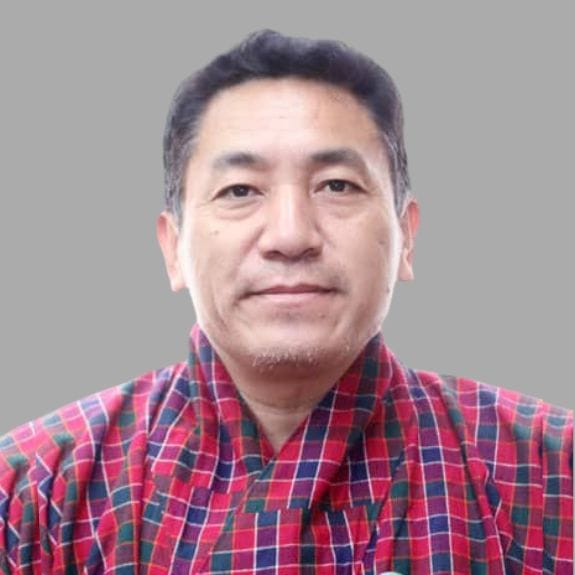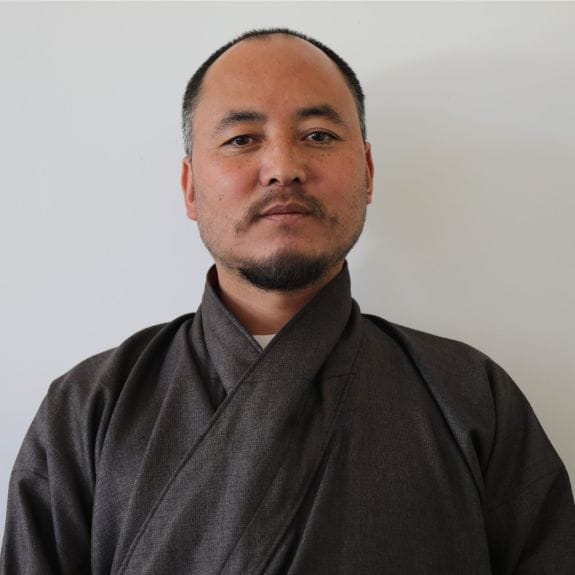BFL Project Coordination Unit (BFL PCU) is established within Department of Forest and Park Services (DoFPS) under the Ministry of Energy and Natural Resources (Executing Entity).
The PCU supplies planning, coordination and implementation support for the BFL Program and is the key interlocutor of the BFL Fund Secretariat. The PCU will be led by a Program Director who will be supported by a small team comprised of a Program Coordinator, an Accounts Officer, an M&E officer, an Environmental Social Safeguard Officer, and support staff and reports to Project Director.
MANDATES
- Strategic planning, review, coordination and facilitation of Program planning;
- Working with relevant Departments/Agencies under MoAF to (i) arrive at a consolidated operating plan for the PA managing entities and MoAF (ii) review actual implementation and adjustments to the consolidated operating plan to determine whether the Program is tracking to meet BFL Conservation Plan and other indicator targets[1] and Milestones, (iii) identify planning and implementation issues and proposed approaches to address them.
- Working with PA managing entities and Departments/Agencies of MoAF to (i) coordinate preparation of the annual work plans and budgets in line with the RGoB and BFL Program planning cycle and (ii) preparing the consolidated annual work plan and budget that forms the basis for the annual request for funding from the RGoB and the BFL Fund;
- Working with the GNHCS and MoF on budget incorporations (annual proposal/supplementary incorporation); Monitoring BFL Program progress and performance and use of all Program funds, and convening regular implementation reviews (quarterly, mid-term reviews, final reviews);
- Preparing consolidated technical and financial progress reports, including the Semi-Annual and Annual Progress Reports for submission to RGoB agencies and the Bhutan for Life Fund Board;
- Coordinating execution of activities in compliance with WWF’s Environment and Social Integrated Policies and Procedures, which includes the implementation of the ESMF.
- Providing technical support to PA managing entities for implementation of the Gender Action Plan (GAP), monitoring the GAP indicators and targets and reporting on progress; and
- Supporting information management for the program.
- “Other” includes indicators required by GCF reporting requirements, the ESMF and the Gender Action Plan.
IMPLEMENTING AGENCY (IAS)
10 Protected Area Networks, 9 Biological Corridors, and the Royal Botanical Garden under the Department of Forest and Park Services are the Implementing Agencies.
Bhutan Trust Fund for Environmental Conservation
WWF Bhutan
Bhutan Foundation
Bhutan Ecological Society
Royal Society for Protection of Nature
The Bhutan Trust Fund for Environmental Conservation (BTF) is the world’s first environmental trust fund, established in 1991 as a collaborative venture between the Royal Government of Bhutan, United Nations Development Program, and World Wildlife Fund.
BTFEC commits USD 500,000 annually to the Bhutan for Life Program.
Website: bhutantrustfund.bt
World Wildlife Fund (WWF) is Bhutan’s oldest conservation partner. The partnership began in 1977 through capacity development of local conservation staff. The support gradually evolved into a full country program with several collaborative conservation projects.
Website: wwfbhutan.org.bt
Since its founding in 1986 and re-launch in 2002, the Bhutan Foundation has become an active organization with offices in Thimphu, Bhutan and Washington, DC as well as around 40 partner organizations in Bhutan and more than 20 international partners. Through its commitment to the shared values of Gross National Happiness, the Bhutan Foundation is fundamentally aligned with the vision of His Majesty the King, the Royal Government of Bhutan, and Bhutan’s emerging needs.
Website: bhutanfound.org
Bhutan Ecological Society is a non-profit organization that connects education, science, praxis, business, and policy with the goal of sustaining resilient communities and functional landscapes while nurturing the next generation of environmental leaders. We deliver cutting-edge field based environmental education in partnership with the Royal University of Bhutan and the School for Field Studies in the US.
Website: bes.org.bt
Royal Society for Protection of Nature (RSPN) was established in 1987 under the Royal Command of His Majesty The Fourth King of Bhutan as a Citizen-based Non-Governmental Organization (NGO) devoted to the conservation of the Kingdom’s environment. His Majesty The King was the Royal Patron of the RSPN from 1999 to 2012. Currently, Her Majesty The Gyaltsuen Jetsun Pema Wangchuck is the Royal Patron.
Website: rspnbhutan.org





